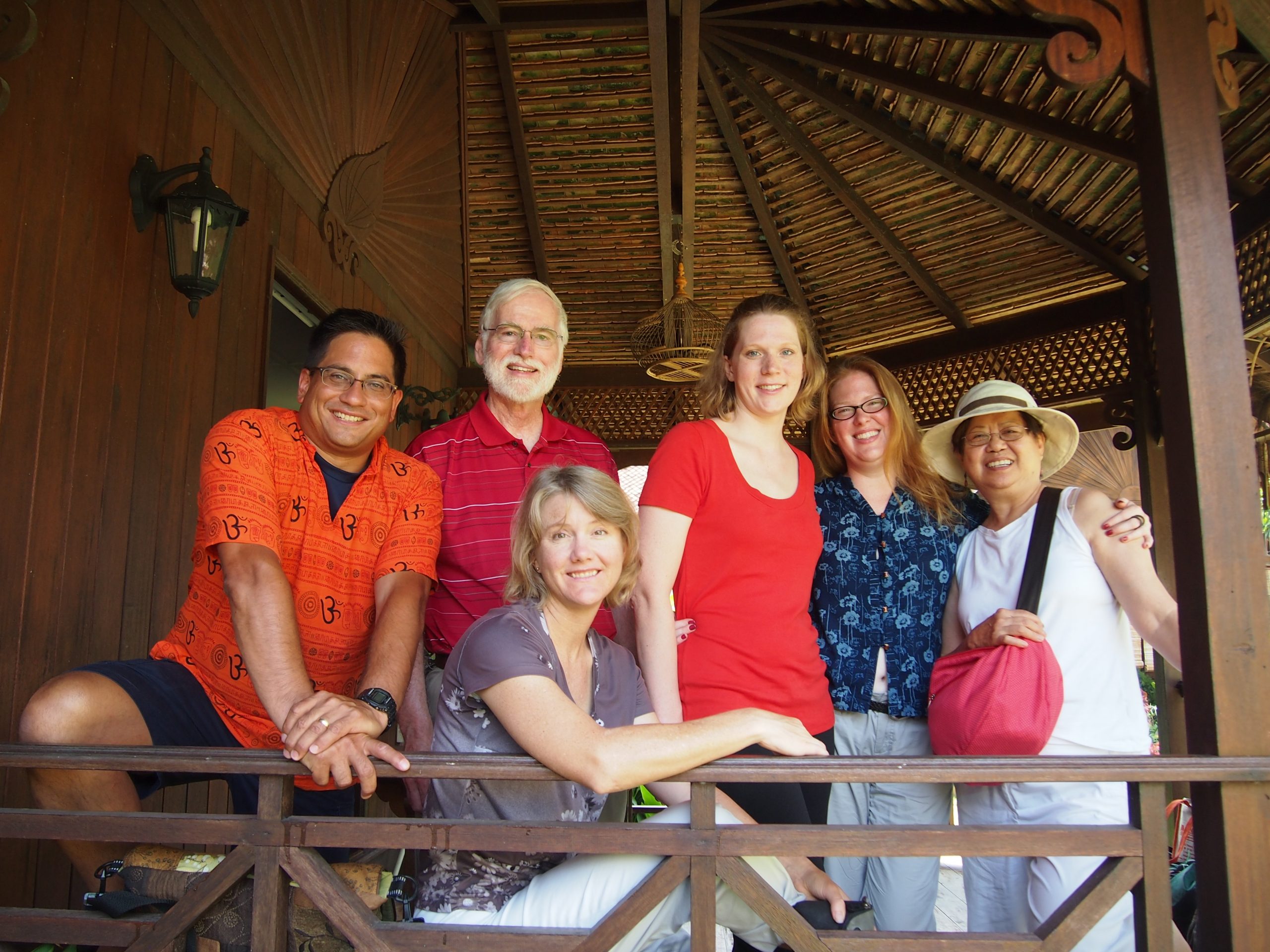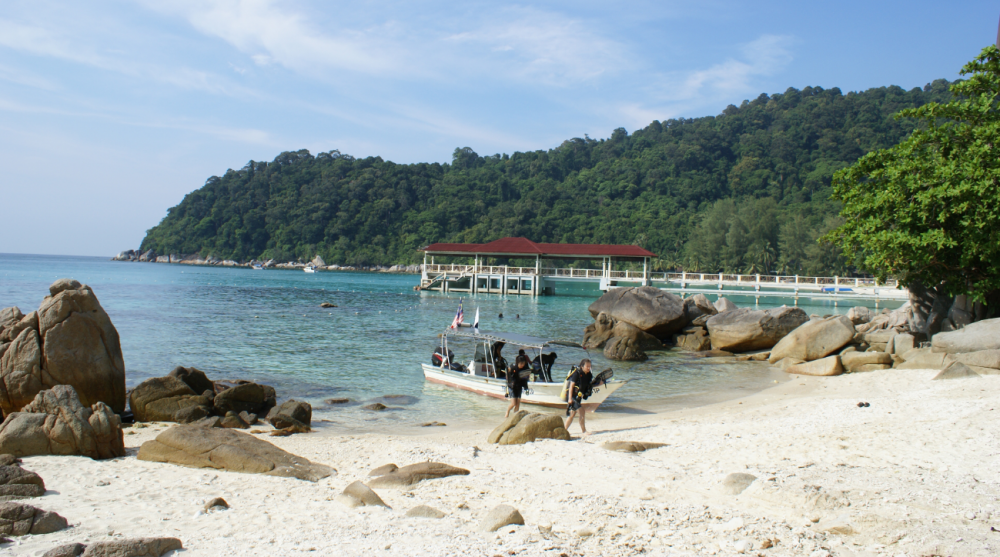With a forty year history of providing students with options to travel abroad, The Gustavus Center for International and Cultural Education is now introducing the program “Semester in Malaysia: Living Diversity.” Students who sign up for this program will leave for Malaysia in spring 2014 and will experience a vast range of diversity in nature, food, biology and people. The program will be lead by Physics professor Steve Mellema and his wife, Shirley—both of whom have extensive knowledge of Malaysia and have lived there at various periods of their lives. Students will be based at the Universiti Sains Malaysia (Science University of Malaysia) on the island of Penang.
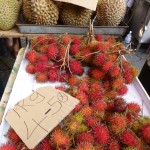
Mellema, who has traveled to Malaysia numerous times since he went into the Peace Corps 40 years ago, began the planning for this program by collaborating with the Universiti Sains Malaysia to create a program that would give students the opportunity to spend an entire semester studying both inside and outside the classroom to learn more about the country and its rich diversity. Courses will be taught on Malaysia studies, Religions of Malaysia, Tropical Ecology and studies in language.
The University, who has had a longstanding relationship with Gustavus since 1994, is one of Malaysia’s most prominent universities, with 20,000 students spread across three campuses. Five faculty members, Steve Mellema, David Obermiller, Pamela Kittelson, Lynnea Myers and Thia Cooper, traveled to Malaysia to meet with the on-site partner in Malaysia and travel to areas where students will be traveling in the program. The program is not
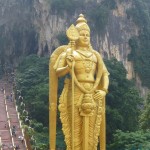
unlike Gustavus’ programs in Sweden in India, which allow students to interact with an extremely vibrant culture while maintaining direct ties with Gustavus faculty and students.
“They focus on diversity at Gustavus, but they barely skim the surface of the meaning. We want to know about diversity, but there is limited diversity here.” Mellema said.
According to Mellema, Malaysia is a friendly, healthy place to live and study. Students will realize what it is like to live in a truly multi-cultural society while still being able to communicate with a society that speaks mostly English.
“My years in Malaysia have had the most profound influence on my life. You can’t go to Malaysia and not understand diversity because it’s the most diverse place on earth,” he said.
One of the faculty who went on the trip this summer spoke to the many positive features Malaysia has to offer to students wanting to study abroad.
“There are almost no downsides. You can drink the tap water, eat street food, feel safe—the list is endless. One of my favorite parts was taking a bicycle ride through the countryside and seeing all the small towns and people coming out on their porches to say hello. It’s the best-kept secret for foreign travel and study abroad,” Kittelson said.
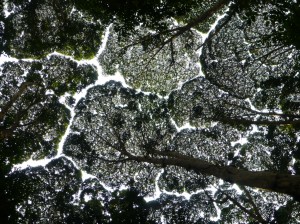
The program is open to students from any discipline. Any student with sophomore standing or above is encouraged to apply.
“It is not centered towards science students—it’s ideal for a student of any type, for students who want to get credits done or simply for students who are interested in the theme of diversity—a background in science is not necessary,” Director of International and Cultural Education Carolyn O’Grady said.
The semester includes a regular course load, and as mentioned before, will get the opportunity to frequently study outside of the classroom and meaningfully interact with the country’s landscape.

“It’s not like a regular schedule where they simply attend 4 classes a day—it’s more than just ‘seat time.’ It’s about ‘seat time’ and ‘doing time,’ in a way that you just can’t do on campus because all of the students’ schedules being so tight. This gives them the opportunity to explore in a different way,” O’Grady said.
Field trips are an integral part of the program and students will travel to different parts of peninsular Malaysia including one of the oldest rainforests in the world.
“Malaysia has so much culture for the students to take in that there will never be a dull moment in terms of what they can explore and discover,” Myers said.
For more information, please visit https://gustavus.edu/cice/studyabroad/
